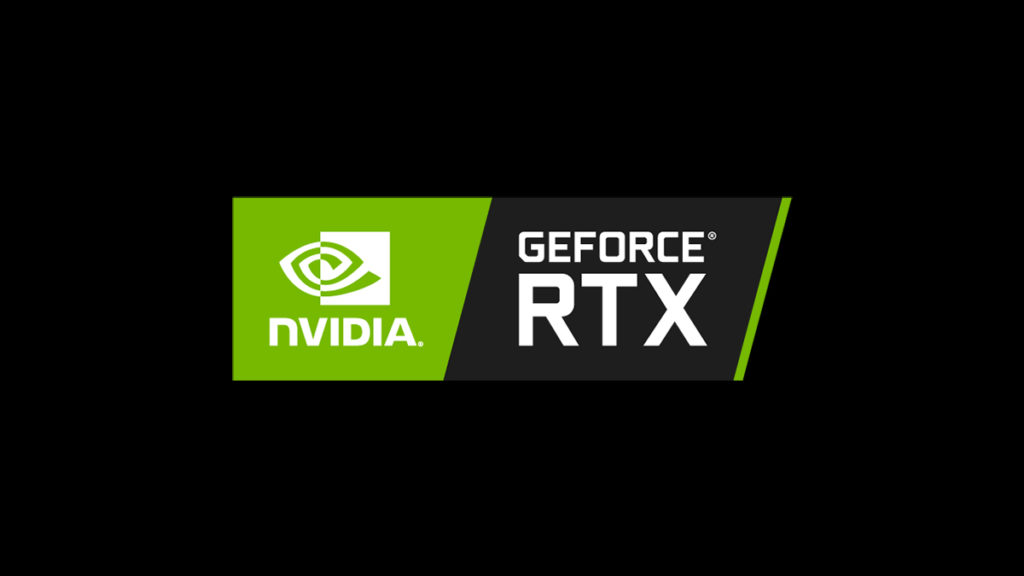
PCWorld’s Brad Chacos has published a story regarding NVIDIA’s new GeForce Game Ready 456.55 WHQL driver. As suggested by various user reports over the last few hours, the driver does appear to put a band-aid on the game-crashing issues that custom GeForce RTX 3080 owners have been complaining about over the past few days. But there’s a cost: reduced clock speeds.
“…with the original drivers, the [Horizon Zero Dawn] benchmark ran at a mostly consistent 2010MHz on this GPU until it hit the 2025MHz wall and crapped out,” Chacos noted. “With Nvidia’s new 456.55 drivers, the the GPU clock speed in Horizon Zero Dawn now flitters between 1980MHz and 1995MHz (though it can still hit a stable 2010MHz in menu screens). Nvidia’s fix appears to be dialing back maximum performance with the GPU Boost feature.”
Of course, none of you should be surprised by the fact that downclocking is the fix. While the GeForce RTX 3080 drama appears to be evolving beyond POSCAP and MLCC capacitors, it should be safe enough to say that higher clocks are the trigger mechanism for whatever lapse in engineering occurred with certain variants. Users had already been advised to dial down their clocks with software such as MSI Afterburner.
“On the all-POSCAP [EVGA] FTW3, using Nvidia’s original 456.38 drivers, the Horizon Zero Dawn benchmark consistently crashes at 1440p resolution on our test system,” Chacos confirmed. “Other games work fine; even HZD works fine at 4K; but it always crashes at 1440p, and so hard that it takes out GPU-Z, too.”
“After that, I ran the fantastic Display Driver Uninstaller software to wipe Nvidia’s 456.38 drivers from my system, and installed the new 456.55 drivers with promised stability fixes,” he continued. “That made Horizon Zero Dawn repeat its excruciating shader optimization process, but after that, the game just worked. I’ve rerun the benchmark five times with the 456.55 drivers installed and successfully completed every run. It just works, now.”
According to Chacos, the reduction in clock speed is so minor that nobody should notice. NVIDIA also sent him the following statement, which has since been copied on green team’s official forum.
“NVIDIA posted a driver this morning that improves stability. Regarding partner board designs, our partners regularly customize their designs and we work closely with them in the process. The appropriate number of POSCAP vs. MLCC groupings can vary depending on the design and is not necessarily indicative of quality.”
